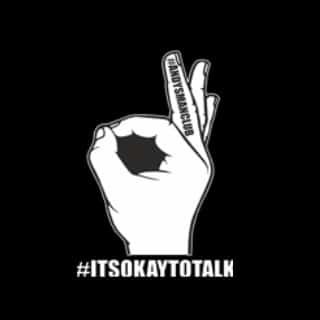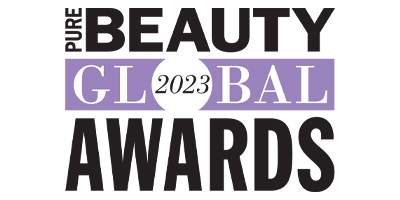It's the age of AI – or at least, it feels that way. With the rapid advancements in AI technology in recent years, our screens and feeds are peppered with intriguing headlines about machines that can talk, think, and sometimes act like us. It's exciting, but it's also a little... unnerving. Especially if, like many of our marketing candidates, you're wondering about your future job prospects.
It's true that the realm of marketing is seeing a surge in AI's involvement, particularly in the more routine tasks. Analysing data trends, monitoring consumer behavior, and other menial and repetitive tasks? AI tools are making these tasks more efficient and accurate. But, and this is a big but, while they handle the numbers with aplomb, they don't necessarily interpret the story behind them with the nuance a human touch can bring.
One common misconception is that if an AI has a large enough dataset, it's bound to produce infallible outcomes. But there's a saying in the data world: "Rubbish in, rubbish out." If an AI is trained on unethical, biased, or simply bad data, the results can be misleading or downright damaging. Bad data isn't just unhelpful—it can be worse than having no data at all. The ethical concerns of relying heavily on AI are real and something every business must consider.
But here's where the marketers shine. We understand human emotions, motives, and humour. We build relationships, create bonds, and tell stories. An AI, no matter how advanced, doesn't get excited when a campaign does well, nor does it feel a connection when engaging with customers. It lacks the emotional intelligence that's at the heart of successful marketing.
Have you ever tried getting a joke out of an AI? Their sense of humor is... well, binary. The creativity, flair, and sometimes just the outright crazy ideas that humans bring to marketing are irreplaceable.
AI is a tool—a very powerful one—but it's not the one sitting in meetings making the final call (yet). While it can sift through data at mind-boggling speeds and offer insights, it doesn't make the decisions. That's up to us, the humans. We take the efficient analyses that AI offers and then apply our uniquely human perspective to make informed decisions.
Yes, there will be aspects of our jobs that AI will handle better. But here's a little secret: most of those tasks? They'll be glad to hand them off! With the current global skills shortage for marketers, they're stretched thin. If AI can take over some of the heavy lifting, we can imagine they'll be all for it. It frees marketers up to focus on strategy, creativity, and, most importantly, people.
The rise of AI doesn't spell the end for marketers—it offers a new beginning. A beginning where we merge the best of machine efficiency with the irreplaceable human touch to create marketing campaigns that resonate, inspire, and connect.
If you want to discuss your marketing career or are looking for your dream role, please email your CV to hello@lavandi-talent.com or browse our vacancies.





